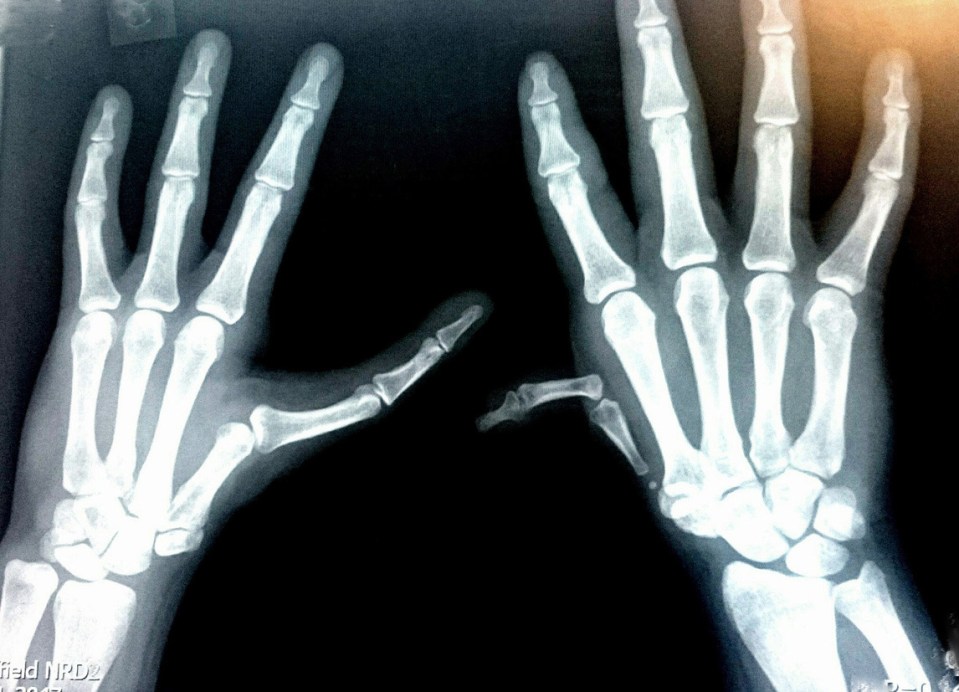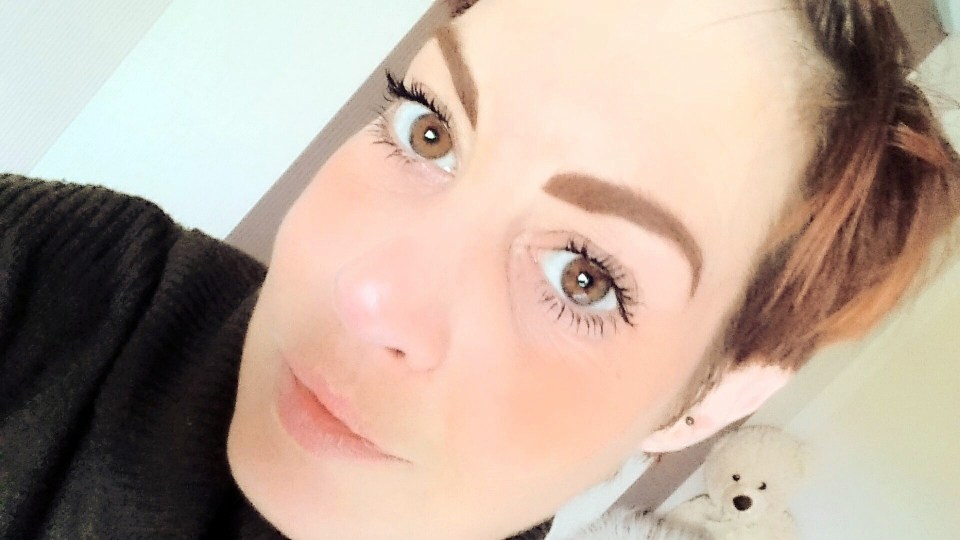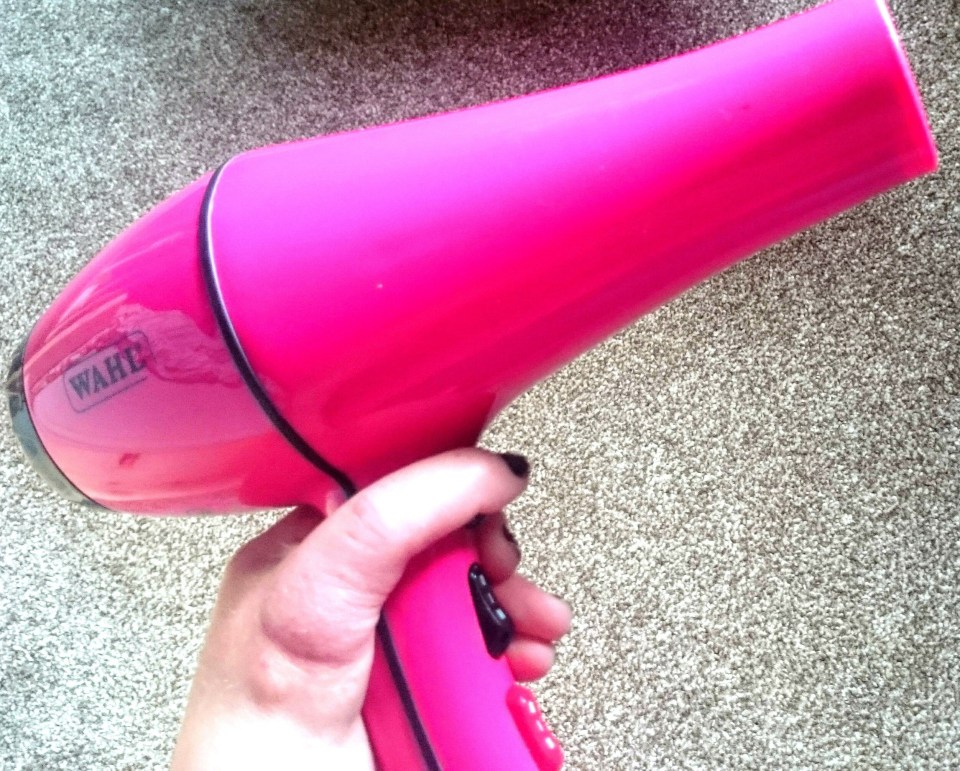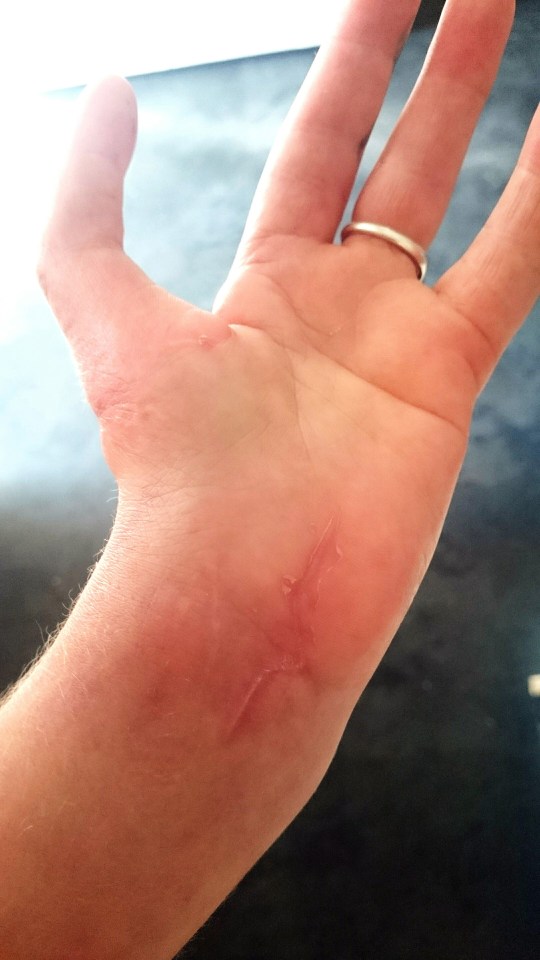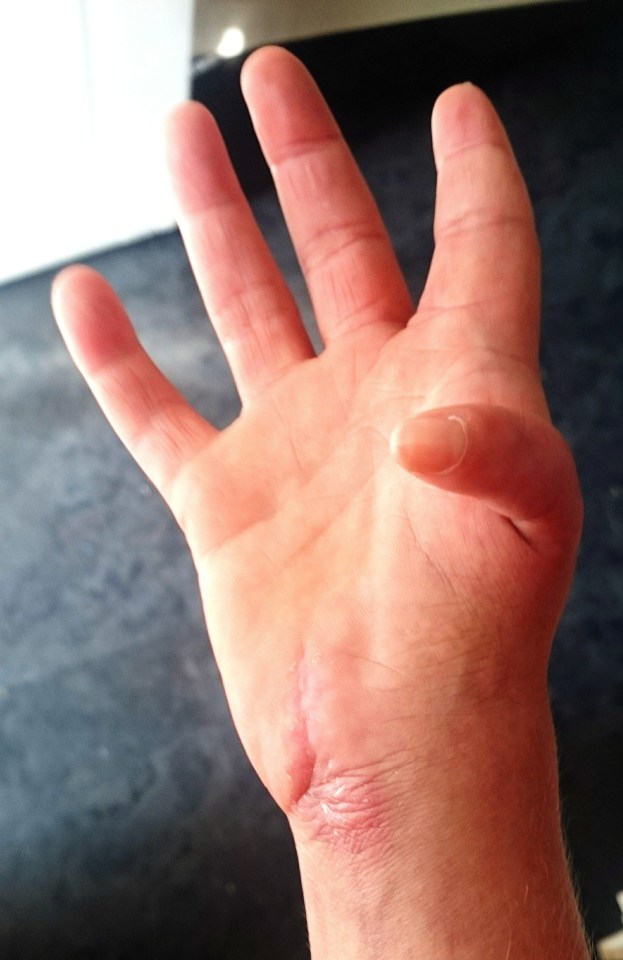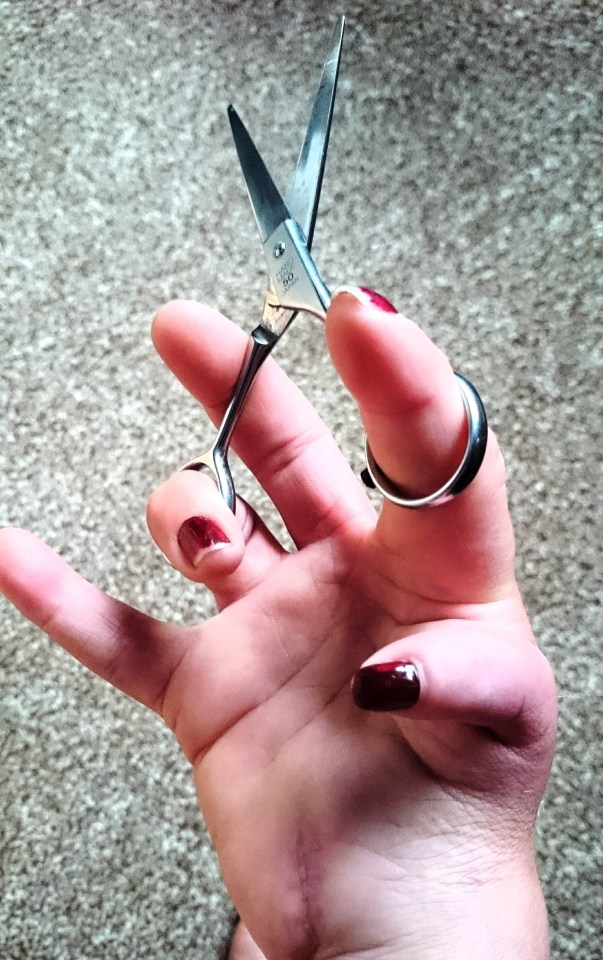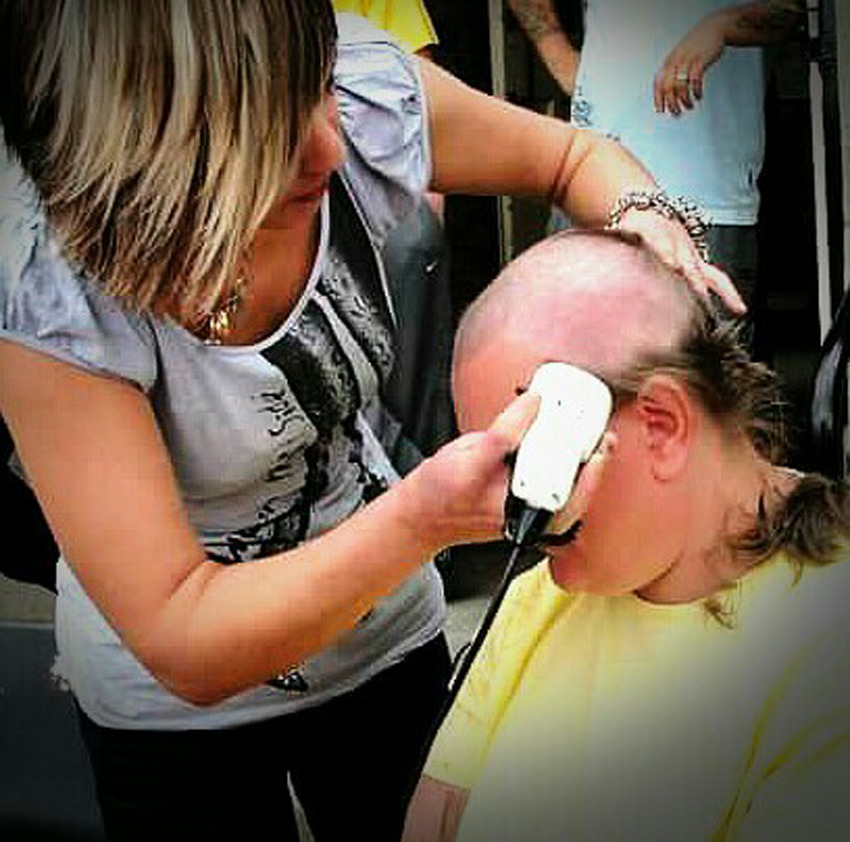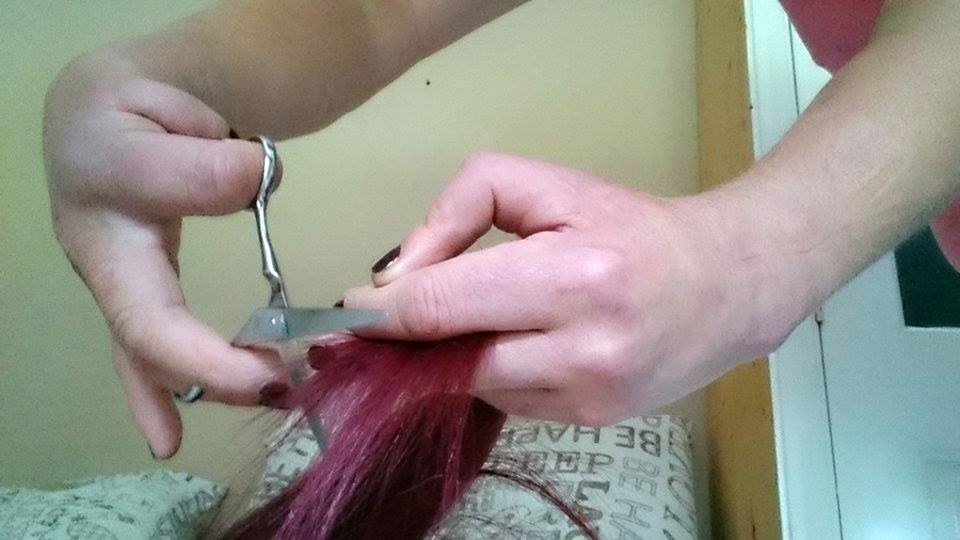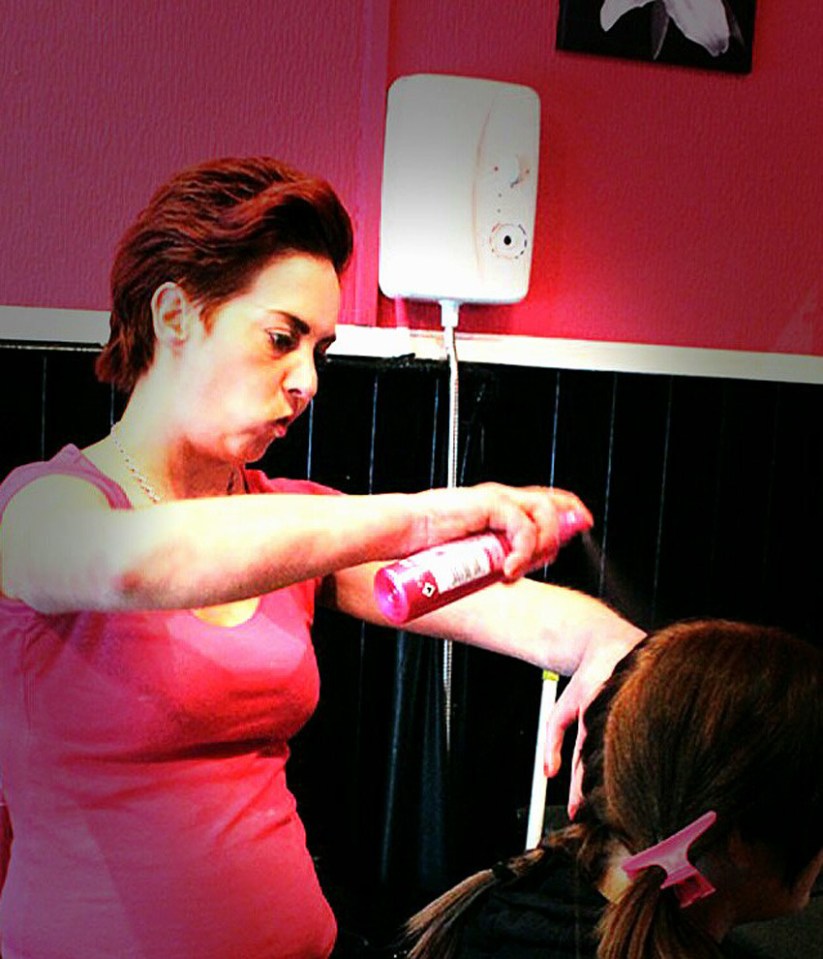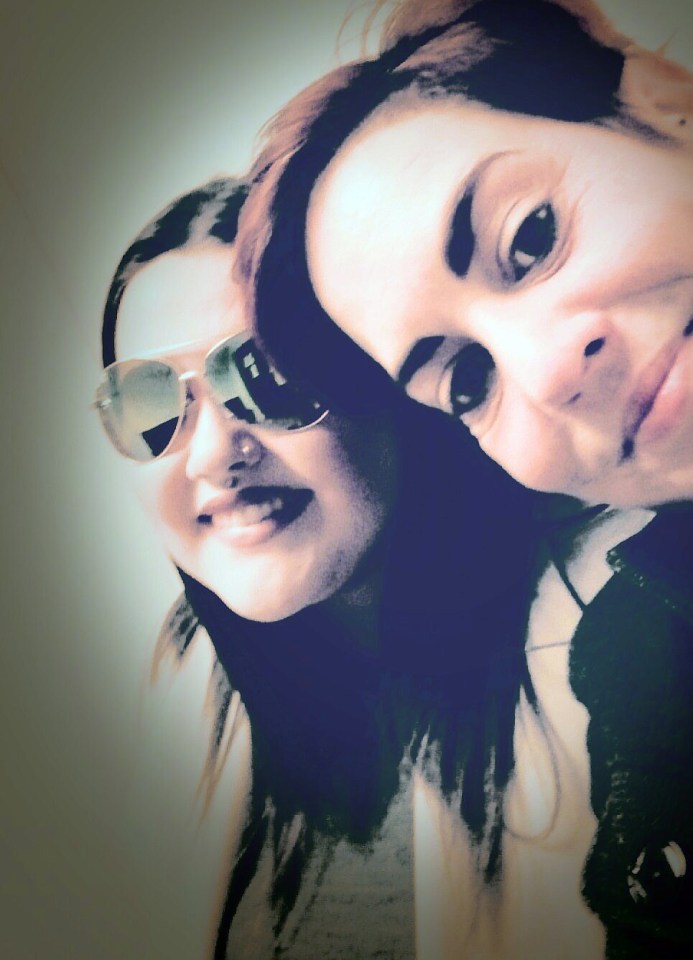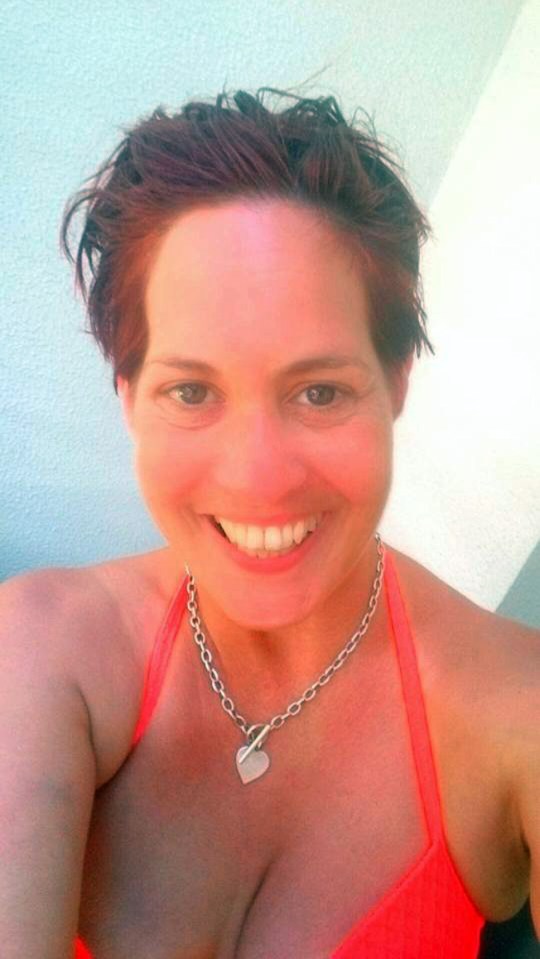Disabled woman becomes a successful hairdresser – after having a THUMB made from her index finger
Lisa Middleton's parents were told "not to expect much" from her
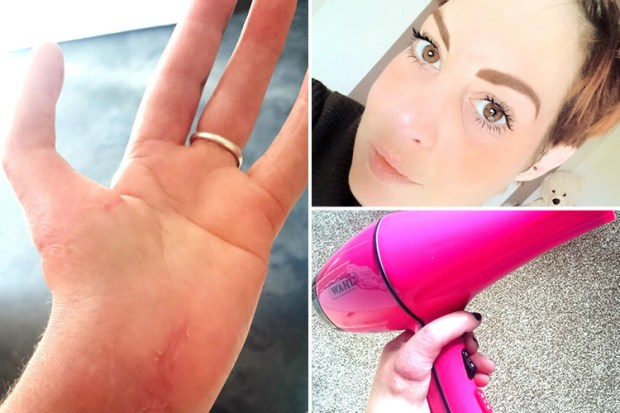
A WOMAN whose parents were told to not “expect much from her” has defied the odds to become a successful hairdresser – and clients don’t even realise she’s disabled.
When Lisa Middleton, now 40, was born she had twisted arms as well as floppy thumbs and doctors warned her parents that she may not amount to much.
Lisa’s left thumb had no bone or muscle in and she went through her younger years with it stitched to her palm.
The youngster had to rely on gripping items between her fingers to complete even simple tasks.
Now, after learning how to cut hair in her mother-in-law Pauline's salon, she has forged a successful career as a hair stylist, silencing critics who feared that she would struggle throughout her life.
Lisa, from Sheffield in South Yorkshire said: "It was frustrating at first but I wouldn't let anyone help me. I wanted to do everything on my own. I just got on with life.
"Cutting hair came naturally to me. I was like a duck to water, despite holding brushes and scissors differently to everyone else."
Lisa's condition, radial dysplasia, occurs when the forearms do not develop properly, causing the hands to bend inwards.
Occasionally, sufferers also have a missing or small thumb.
Nobody was aware that Lisa had the condition until after she was born with her left thumb hanging loosely from her hand and her right thumb just an inch long.
Her left arm was also 2.5 inches shorter than her right.
She said: "They told my parents not to expect much from me, they were very blunt with them."
After she was officially diagnosed with the condition at age three, medics at the Royal Hospital in Sheffield cut off her left thumb and made a replacement out of tissue from her index finger.
She has since been given the option of having further surgery on her right hand, but she has refused, as she doesn’t think it will be of benefit to her.
Growing up, Lisa was self-conscious about her hands.
She hated the attention that she inevitably got whenever she raised her hand in class or had to shake hands upon meeting new people.
However, as she got older, she gradually grew more confident.
Then, when Lisa fell pregnant in April 1999, she wanted to find out if her daughter, Isabelle, now 16, could have inherited the condition.
She said: "I had extra scans and everything looked okay, but the first thing I said when she was born was, 'Are her hands alright?' and they were.
"But it wouldn't have bothered me if she had the condition as doctors can do more now."
Shortly after becoming a mum, Lisa started studying hairdressing.
She continued: "I didn't feel nervous that I'd struggle at all. I just wanted to get on with it and see how it went. Luckily I had no issues or accidents."
Now self-employed her very own salon, Lisa says that her customers don't have an issue with her hands and are happy with her work.
She added: "I know when people notice my hands as I see them whisper but I'm upfront now about what happened to me and say they can take a look.
"Some do, others who are confronted seem embarrassed.
"When children see the scar on my hand, I just tell them I had my thumb made."
Lisa, who also enjoys creating her own artwork, said that her daughter has picked up traits like hers, which she adopted because of how her hands formed.
For example, Isabelle will point with her middle finger rather than her index, just like her mum did when she'd read to her as a child.
Lisa said: "I think she admires me and what I've achieved. I think it spurs her on."


